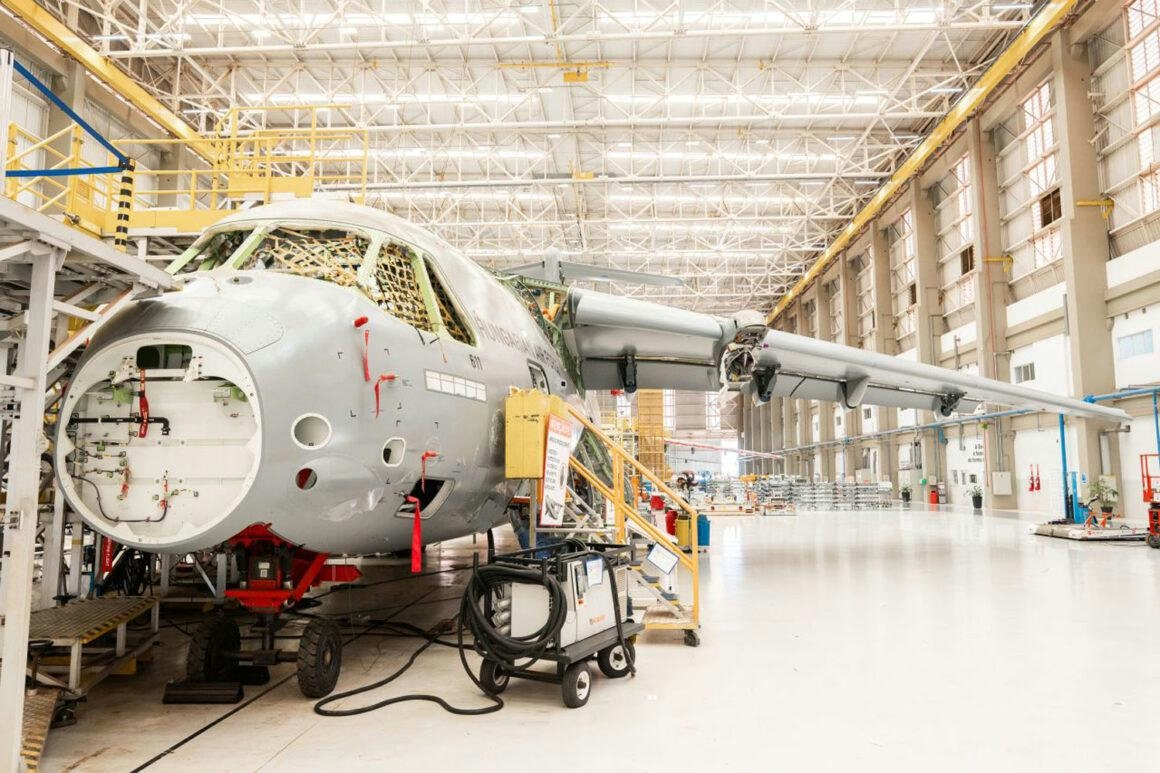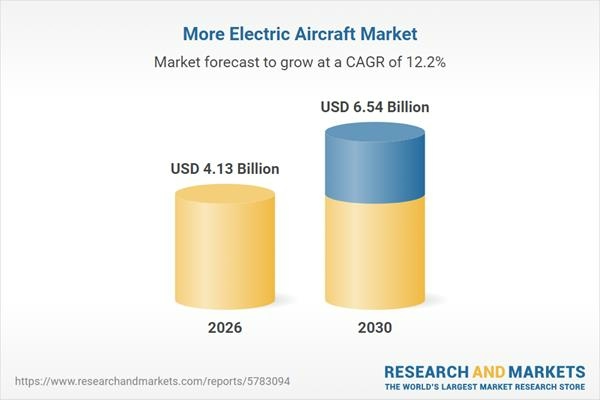AeroGenie — Your Intelligent Copilot.
Trending
Categories
Portugal Receives Third KC-390 as Embraer Begins A-29N Super Tucano Flight Tests

Portugal Receives Third KC-390 as Embraer Initiates A-29N Super Tucano Flight Tests
Embraer and the Portuguese Air Force (FAP) have reached two pivotal milestones in their defence partnership with the delivery of Portugal’s third KC-390 Millennium military transport aircraft and the commencement of flight testing for the A-29N Super Tucano. These developments reflect Portugal’s ongoing efforts to modernise its air capabilities in alignment with NATO standards, while also underscoring Embraer’s expanding presence within the European defence market.
Strengthening Strategic Airlift and Training Capabilities
The arrival of the third KC-390, part of a six-aircraft contract with options for an additional ten units available to NATO and allied nations, significantly enhances Portugal’s strategic airlift capacity. The KC-390 is recognised for its 26-tonne payload, cruising speed of 470 knots, and extended range, making it a versatile platform capable of executing a wide array of missions. These include troop and cargo transport, air-to-air refuelling, medical evacuation, search and rescue, firefighting, and humanitarian assistance. Its capability to operate from austere or unprepared airstrips further increases its operational flexibility, enabling rapid deployment across diverse environments.
Concurrently, Embraer has initiated flight testing of the A-29N Super Tucano, a NATO-specific variant of its established light attack and training aircraft. Portugal, as the launch customer with an order for 12 aircraft scheduled for delivery in 2024, aims to enhance advanced pilot training and operational readiness within the FAP. The A-29N has been customised to meet NATO interoperability requirements, positioning Portugal at the forefront of adopting next-generation training and light combat platforms.
Challenges and Market Dynamics
Despite these advancements, the expansion of both programmes faces certain challenges. Industry experts have highlighted potential supply chain complexities that could affect the production and delivery schedules of the A-29N Super Tucano. Additionally, market analysts are closely monitoring the cost-effectiveness of the NATO-standard A-29N in comparison to other light attack aircraft, as competitors may adjust their strategies to retain market share. The recent delivery of four Super Tucanos to Paraguay demonstrates strong demand for Embraer’s A-29, but also signals intensifying competition in the global market for light attack aircraft.
Major-General João Nogueira of the Portuguese Air Force expressed confidence in the capabilities of both platforms, emphasising the KC-390’s expanding operational role and the A-29N’s potential as a distinctive solution for training and light combat missions. Embraer CEO Bosco da Costa Junior reaffirmed the company’s long-term commitment to Portugal, highlighting the strategic significance of these aircraft in the ongoing modernisation of the nation’s air force.
With several NATO members—including Hungary, the Netherlands, and Austria—also selecting the KC-390, Portugal joins a growing cohort of global operators adopting Embraer’s next-generation platforms to enhance military airlift and training capabilities. As these programmes progress, both Embraer and the Portuguese Air Force will continue to navigate evolving market conditions and operational challenges to fully realise the strategic value of these assets.

Electric Aircraft Market Outlook Through 2035

Capital A Completes Sale of Aviation Business to AirAsia X

Four Gateway Towns to Lake Clark National Park

PRM Assist Secures €500,000 in Funding

Should Travelers Pay More for Human Support When Plans Go Wrong?

InterGlobe Aviation Shares Rise 4.3% Following January Portfolio Rebalancing

Key Market Segments Shaping Airline Route Profitability Software

Locatory.com Gains Traction Among Aviation MROs and Suppliers

JetBlue Flight Makes Emergency Landing Following Engine Failure

58 Pilots Graduate from Ethiopian University
